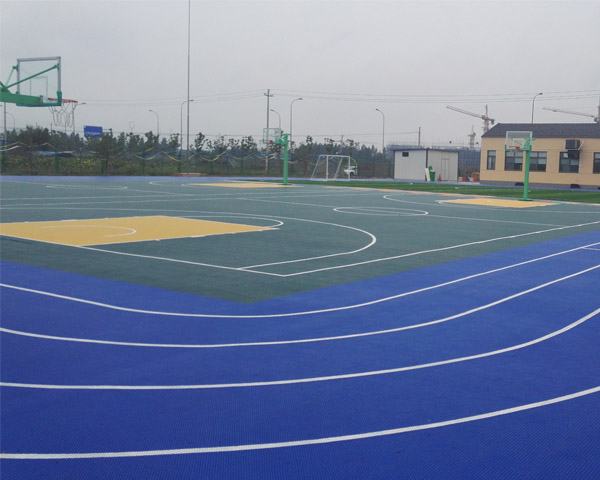9 月 . 02, 2024 08:53 Back to list
commercial flooring types
Understanding Commercial Flooring Types A Comprehensive Guide
When it comes to selecting flooring for commercial spaces, several factors come into play, including durability, aesthetics, maintenance, and cost. The right choice can significantly impact the overall function and feel of a business environment. In this article, we will explore various types of commercial flooring, highlighting their advantages and best-use cases.
1. Vinyl Flooring
Vinyl flooring is a popular choice in commercial settings due to its resilience and versatility. It comes in sheets, tiles, or planks, and can emulate the appearance of wood, stone, or other materials. Vinyl is water-resistant and easy to clean, making it ideal for healthcare facilities, restaurants, and retail spaces. The cost-effectiveness of vinyl, paired with its ability to withstand heavy foot traffic, makes it an excellent option for budget-conscious businesses.
2. Carpet Tiles
Carpet tiles offer a blend of comfort and practicality, making them a favored option in offices and conference rooms. They are easy to install and replace, allowing businesses to maintain a fresh look without the need for a complete overhaul. Carpet tiles also help in sound absorption, reducing noise levels in busy environments. Various designs and colors are available, enabling customization to match branding and aesthetics.
Laminate flooring mimics the look of hardwood or stone but is generally more affordable and easier to maintain. It is composed of multiple layers, providing durability and resistance to scratches and fading. Laminate is suitable for retail stores and other commercial spaces where an upscale appearance is desired without the high cost associated with real wood or stone. However, it is not recommended for areas prone to moisture.
commercial flooring types

4. Hardwood Flooring
While hardwood flooring may not be as common in high-traffic commercial areas, it can be a stunning choice for specific applications, such as high-end restaurants, boutiques, or law offices. Its natural beauty and timeless appeal create an inviting atmosphere. However, hardwood requires regular maintenance to prevent scratches and water damage, making it more suitable for businesses that can invest in upkeep.
5. Concrete Flooring
Concrete flooring is increasingly becoming a go-to option for many commercial spaces, especially warehouses, industrial buildings, and modern retail environments. It is incredibly durable and can withstand heavy loads and foot traffic. Moreover, concrete can be polished or stained for aesthetic appeal, providing a sleek, modern look. While it has low installation costs, it can be hard and cold underfoot, which may not be suitable for all environments.
6. Epoxy Flooring
Epoxy flooring is another excellent choice for commercial settings, particularly in garages, warehouses, and laboratories. This type of flooring is created by applying a hard resin over concrete, resulting in a strong, durable surface resistant to chemicals and spills. Epoxy can be customized with various colors and finishes, making it visually appealing as well.
Conclusion
Choosing the right commercial flooring type is crucial for creating a functional and attractive work environment. Each flooring option has its unique advantages, making it important to consider factors such as the purpose of the space, foot traffic, and maintenance requirements. By carefully assessing these elements, businesses can make informed decisions that enhance their overall operations and aesthetics. Whether you opt for vinyl, carpet tiles, laminate, hardwood, concrete, or epoxy, investing in quality flooring will ultimately contribute to the success of your commercial space.
-
Custom Pickleball Court Solutions Convert Tennis & Indoor Builds
NewsMay.30,2025
-
Outdoor Pickleball Court Costs Build & Install Pricing Guide
NewsMay.30,2025
-
Premium Pickleball Sports Courts Custom Design & Installation
NewsMay.30,2025
-
Indoor Pickleball Courts Tennis Court Conversion & Custom Builds Tempe
NewsMay.29,2025
-
Professional Pickleball Court Installation & Tennis Court Conversions
NewsMay.29,2025
-
Grey Synthetic surface-rubber prefabricated track
NewsMar.07,2025

